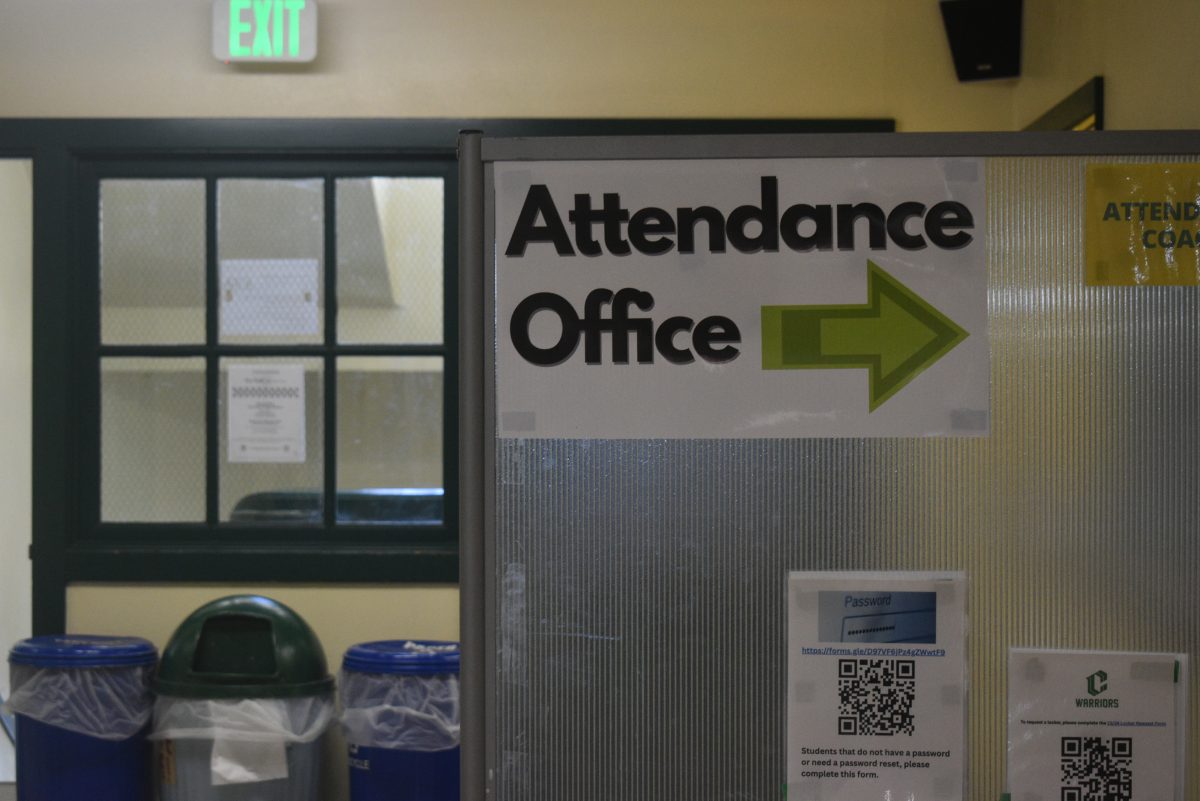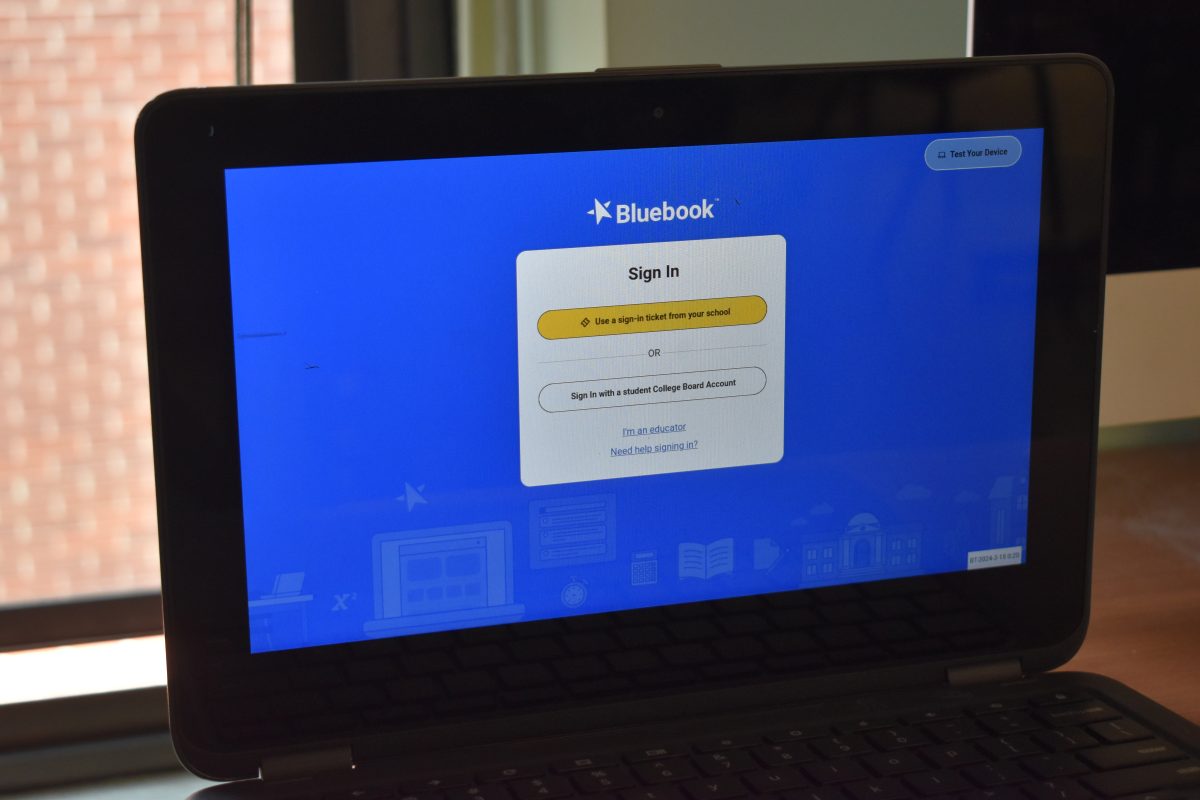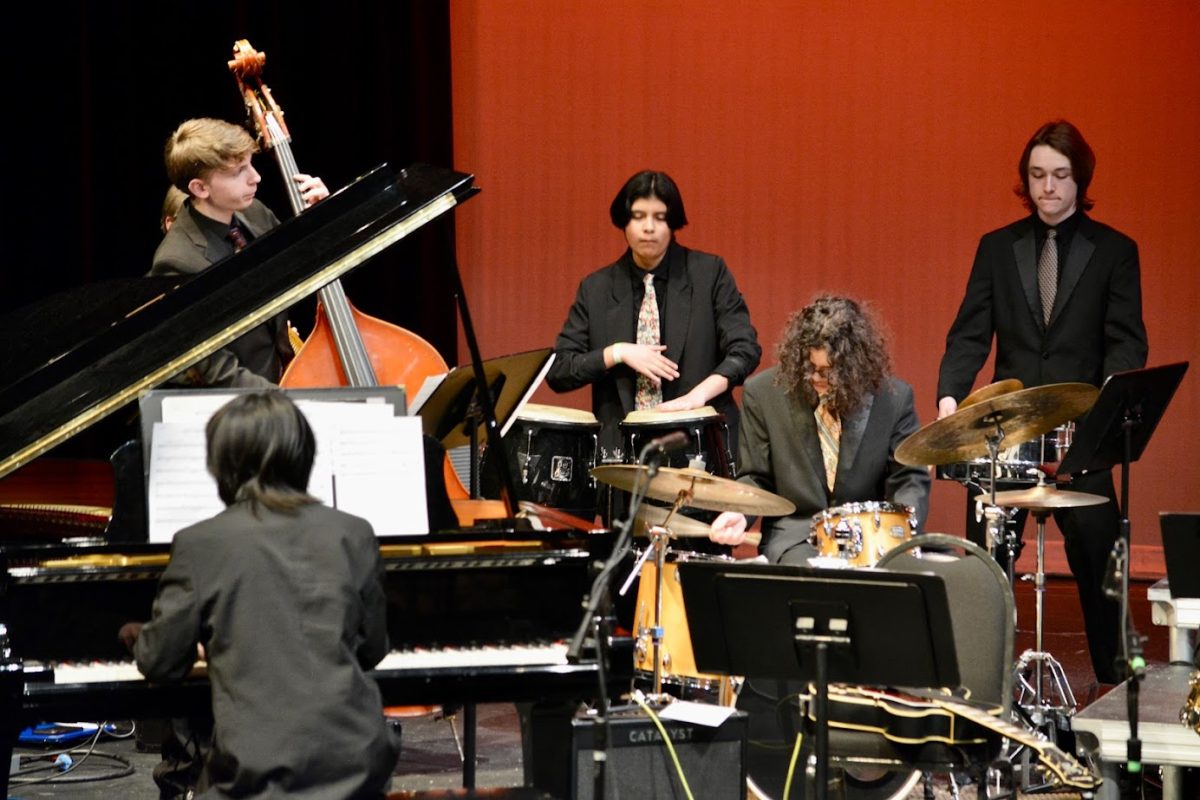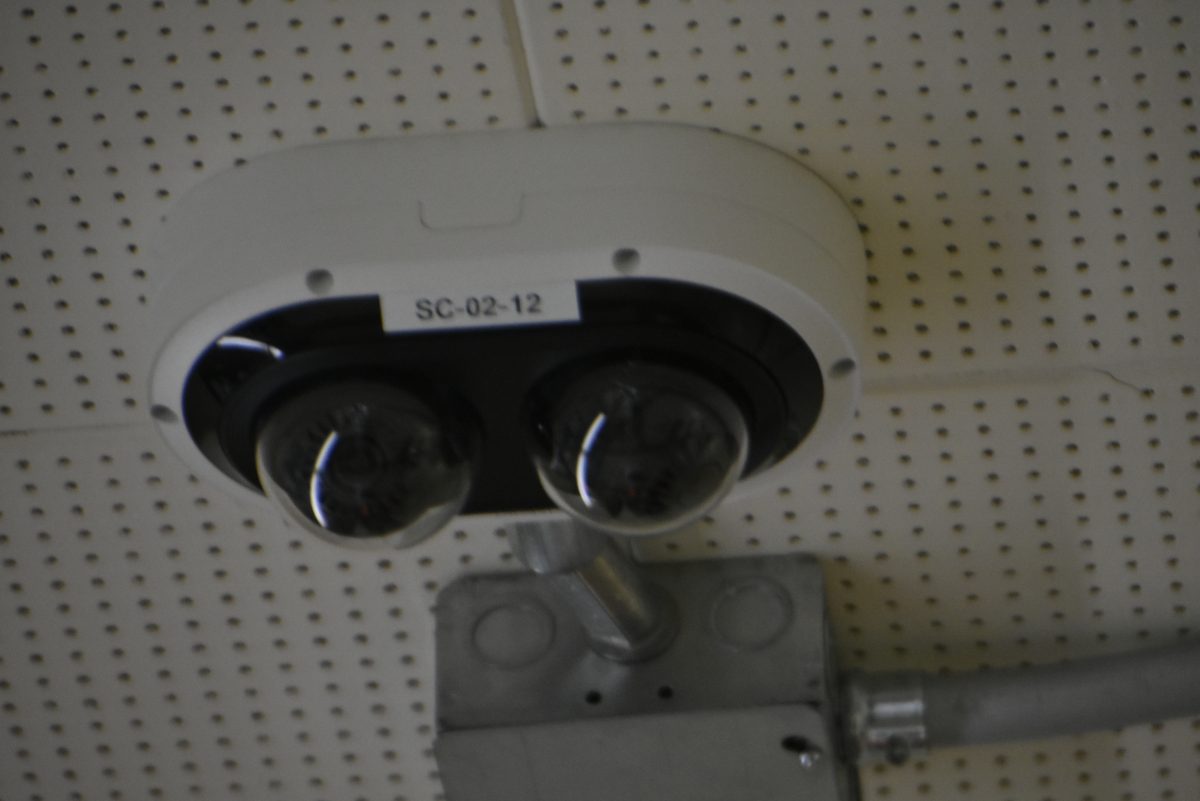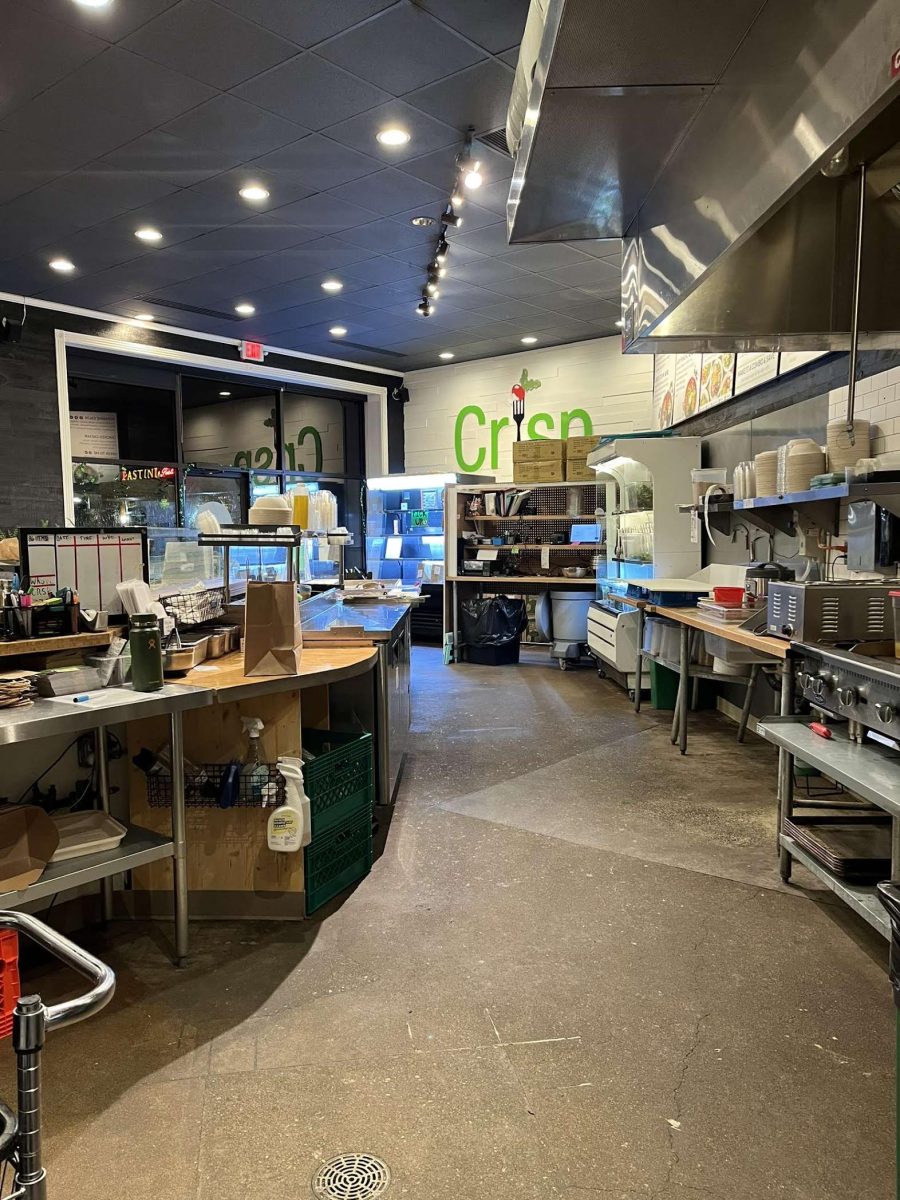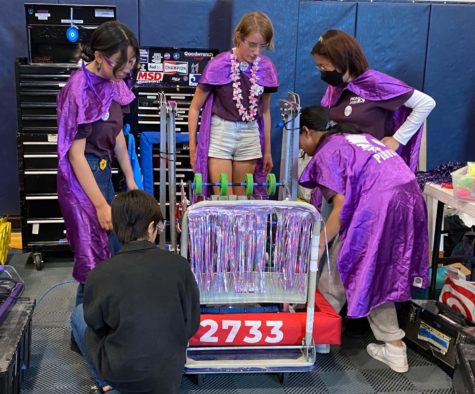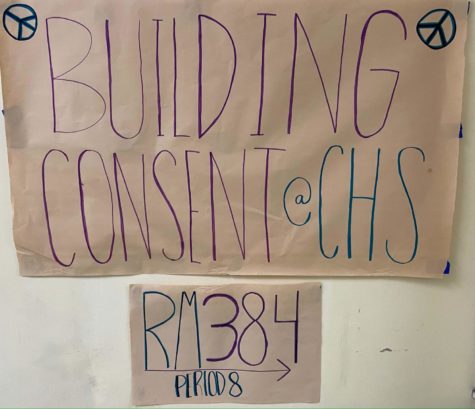To Assemble or Not to Assemble
June 8, 2018
The bell rings and students flood into the halls and out the doors. Most of them are headed to the assembly, but a few try to escape, hoping no one will notice, only to be escorted back into the crowd by administration waiting on the sidewalk.
For a long time, assemblies have been a major part of Cleveland, but, of course, they’re not for everyone. In the past, many people have been known to skip assemblies, until recently, when the administration put their foot down and tightened security on this issue.
“Assemblies have always been mandatory, it’s just never really been enforced,” Dean of Students Scott Burns said. “The concern was that students were not attending part of the school day and they were going out of the school and off campus, which poses a potential risk because Cleveland High School is responsible for students’ safety at all times of the day.”
With such a big change, students experience both positive and negative responses.
“I think the intention was different from the impact it caused. I can understand that students were upset, especially because it’s a big shift that’s happened,” said Eric Mirsepassi, leadership and English teacher.
Mirsepassi also mentioned that the administration has the best intentions, explaining, “I understand the reasoning behind why it’s a shift that has happened here. I think that it’s twofold: first of all, we really want students to be at assemblies, and second of all, it’s during the school day so we have to have students on campus.”
Sophomore Kayden Robinson, however, is very opposed to enforcing mandatory assemblies. “[It’s not ok] to force kids who might have anxiety or PTSD to go into a very loud and stressful environment,” he said.
A leadership student, who has asked to remain anonymous, agreed that assemblies should not be mandatory. “We don’t want people there that don’t want to be there,” they said.
Many students are also feeling torn about the mandatory assemblies because they can see and understand the many perspectives involved in this situation.
Kira Swinth, sophomore class president, said, “I feel very neutral, but at the same time I see both sides. As a person who has friends that don’t want to go to assemblies…I’ve heard what they have to say and I understand it because assemblies may genuinely just not interest people. But at the same time, I see administration’s side of it…ultimately they are liable and at the end of the day, if something were to happen, it’s all about safety and there’s just not a way around that.”
Terrance Phal, senior and student body president, said he’s glad that assemblies are mandatory now because leadership puts “their heart and soul” into these assemblies, but he wants to make sure people realize that this change was not the leadership class’s decision, it was the administration’s. “It’s hard because after the first assembly, the fall kickoff, leadership got backlash because a lot of people thought it was the leadership class who was putting that on the student body,” said Phal.
Although the leadership class students put in a lot of hard work into assemblies, some students are still not fans.
Robinson said he doesn’t like assemblies because he feels like “they’re mainly for leadership kids and their friends.” He also mentioned that he thinks there should be an alternate option for students who don’t want to attend assemblies. “I’d rather be in a classroom doing work than being in a gym with 1,600 kids watching people run around,” he said.
Fortunately, there have been several good ideas about how to fix these problems, one of them being a sort of study hall that’s an option for people that don’t want to or can’t go to assemblies. “Maybe as we move forward, if there are students who, for whatever reason, don’t feel comfortable at assemblies or don’t want to be there, we can have a separate zone set up at school that they can go to…and that way they’re still on campus, we still cover that liability piece, and it offers a sort of a compromise,” said Mirsepassi.
Swinth and Phal also say they would like to make it so that assemblies are so fun that people don’t want to skip. “Just making it more fun so it’s something that people want to go to, instead of something that seems like we’re pushing or forcing on them,” said Phal.
Finally, Mirsepassi wants us all to keep in mind that this is new to everyone, and not necessarily set in stone. He explained, “I think the important thing is it’s new for everybody, including the people in charge, so I think it’s important to note that it’s an evolving thing, and they’re trying things and seeing how they land, and I think we’re going to just constantly try and make it better.”




